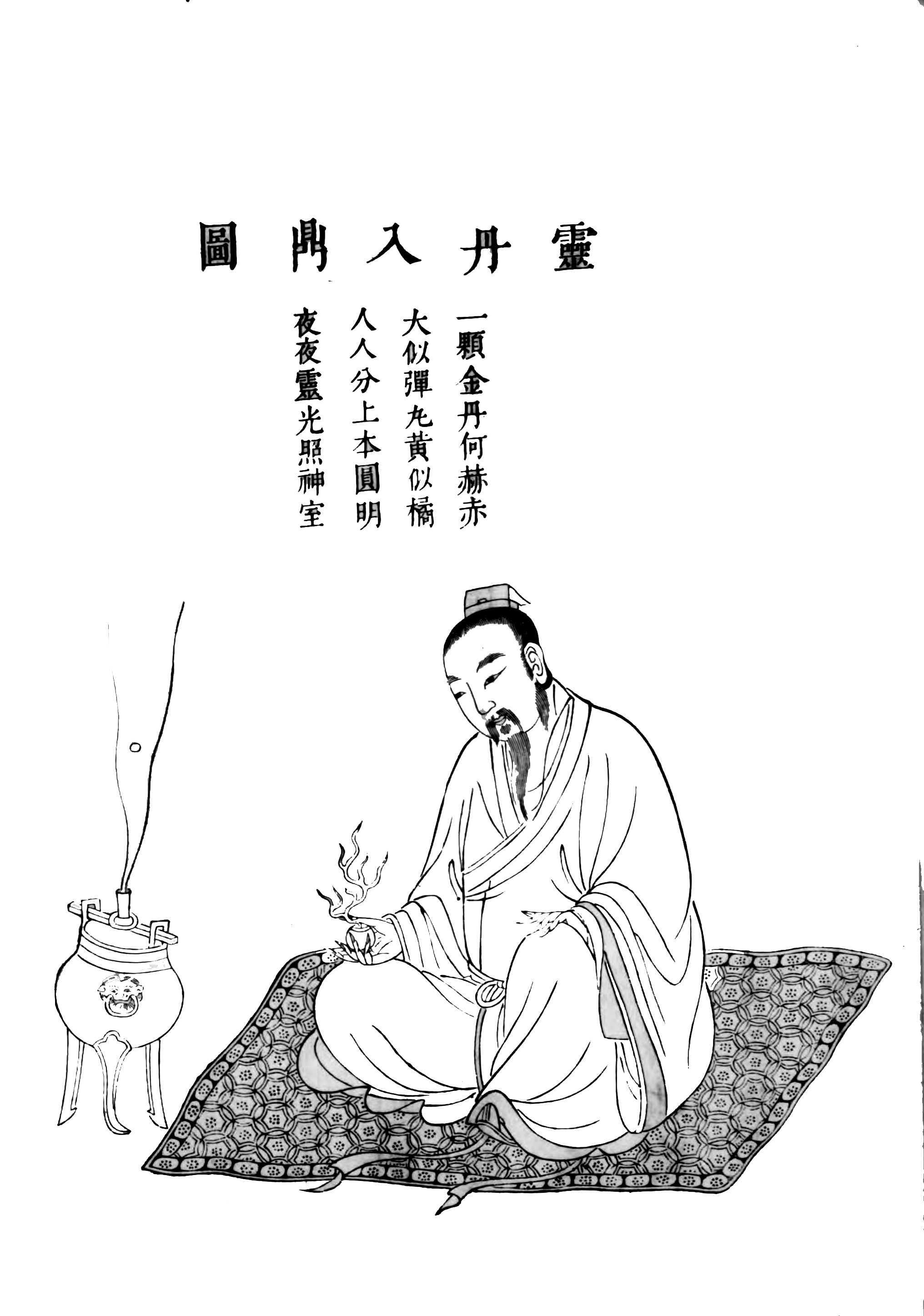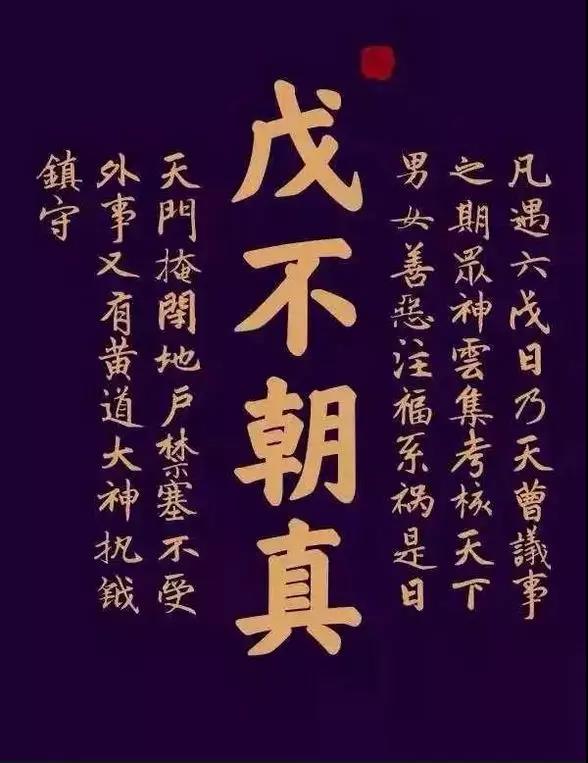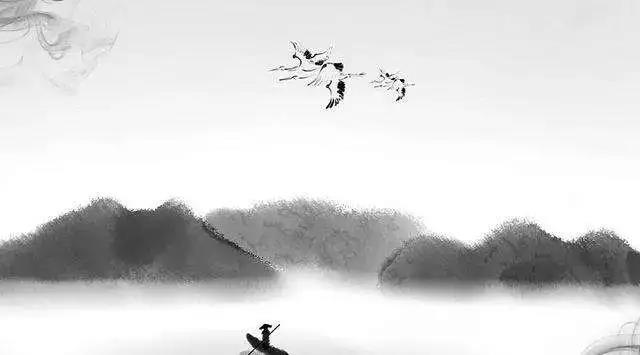First, I would like to thank the 中國道教協會 for organizing this event and for their kind invitation.
As a foreign scholar of Daoism, all of my work can be characterized as “comparative religion.” That is because, whether I acknowledge it or not, I bring to my work culturalexpectations that are starkly different from those that surround the rise and development of Daoism. Lately, I have come to embrace this difference wholeheartedly. In fact, I now often begin my work with one or another aspect of Daoism that is so different from Western expectations as to be almost invisible to my fellow earchers. Today, I would like to talk briefly about one such feature, the early medieval relationship frepresentatives of the Daoist organization with their government. Since the first long-lasting, hina-wide governmentconfronted by Daoists was the Tang, I will mainly deal with the Tang dynasty.
As is well-known, European feudalism developed the model of the “three estates” – theclergy (those who prayed), the nobility (those who fought), and the peasantry (those wholabored). Despite the fact that this system was only fully in force from roughly the 12th throughthe 16th centuries, it has a strong influence on how we expect powerful religions to relate to theirgovernments. Other evidence, such as the Buddhist idea of the Cakravartin King, indicateclearly that the dominant idea in early world religions was that a powerful religion should notonly contribute to, but dominate the political structures of its kingdom.
Daoism is clearly different in this regard. The earliest historically-attested Daoistmovement was the Celestial Masters. As can be seen from their name, they claimed forthemselves not the heavenly right to rule, but the heaven- granted right to instruct humans, theruler included. Perhaps at their inception, some Celestial Masters thought to create a celestialmandated empire, but they soon gave up the idea. An incident is recorded in Chen Shou’s 陳壽(233-297)History of the Three Kingdoms that shows how this might have happened. At thistime, Zhang Lu, the third Celestial Master, had been given the title “Grand Warden of Hanning”漢寧太守.
A citizen found a jade seal in the ground and all Lu’s underlings wanted to elevateLu to be King of Hanning. The Merit Officer Yan Pu of Baxi remonstrated with Lu,saying, “The citizens of the Han River valley number more than a hundred thousandhouseholds; they are wealthy, the earth is fertile, and the area is protected on all foursides by strategic passes. If you support the Son of Heaven above you, you will be [ahegemon] like Dukes Huan of Qi (r. 684-643 BCE) or Wen of Jin (r. 636-628 BCE);at the worst you will be the equal of Dou Rong (16 BCE – 62 CE), and will not failto be rich and honored.1 If you accept the appointment in this proclamation, yourposition will only be powerful enough to cut off lines of communication. You neednot trouble yourself to become a king. I request that you not proclaim this [royaltitle]; do not take the first step toward disaster.” Lu followed this advice.
民有地中得玉印者,群下欲尊魯為漢寧王.魯功曹巴西閻圃諫魯曰:「漢川之民,戶出十萬,財富土沃,四面險固;上匡天子,則為桓、文,次及竇融,不1 Huan and Wen are Duke Huan of Qi 齊桓公(d. 643 BCE) and Duke Wen of Jin 晉文公(672-628 BCE). Theybecame hegemons (ba 霸) during the Spring and Autumn period and unified the other lords to ward off externalthreats. Dou Rong (16 BCE – 62 CE) had independent control of the Gansu region at the beginning of the LatterHan. When he submitted to Emperor Guangwu in 29 CE, he became an important official, and members of hisfamily achieved positions of great power in the newly re-established Han dynasty.
失富貴。今承制署置,勢足斬斷,不煩於王。願且不稱,勿為禍先。」魯從之。
Whether this is how the decision was taken or not, we do see in early Celestial Masterdocuments the same sort of concern that the leaders of the Celestial Master movement supportthe government. There is an equal concern that the emperor learn of the Dao from the heavenly-appointed teacher. In fact, according to the Xiang’er Commentary to the Laozi, the best emperorwill follow the Dao in all things:
A Lord of great sageliness who makes the Dao his master and perfects the practice,transforming all with the teachings, will find the world in order. Auspicious omensbetokening Great Peace will accumulate in response to merit. One who achieves thisis truly a lord of the Dao.
上聖之君師道至行、以教化,天下如治。太平符瑞,皆感人功所積。致之者道君也。
The ruler is to make the Dao his teacher. This likely means that he should listen to whatthe representative of the Dao on earth, the Celestial Master, has to say. But there is never anyhint that the Celestial Master should rule.
The Tang dynasty was a chance for Daoism to become a state religion in the Westernsense. Li Yuan, the founder of the Tang, early on proclaimed Laozi the royal ancestor. Becauseof this, Western studies have mostly focused on the attitudes of Tang rulers towards Daoism. Sanguo zhi, 8.264, Translation from Terry Kleeman, Celestial Masters: History and Ritual in Early DaoistCommunities (forthcoming, Harvard University Press).
Less attention has been placed on how Daoists acted with respect to their temporal rulers. Hereare a few recorded moments that reflect on this question:
Pan Shizheng 潘師正 (585-682) came to the attention of Li Zhi 李治 (r. 649-83), theGaozong emperor, who asked him for talismans and texts. Apparently, Master Pan did notconsider the emperor unworthy of instruction. There is a document in the Daoist canon thatpurports to contain Pan’s detailed instruction along with the emperor’s questions.4 Nonetheless,he was said to have refused to ordain the emperor and is recorded as remarking with a sigh:
“Although that great man undertook the Dao, he was unable to hide himself away in the cloud-swathed forests. Disturbing the Lord of our generation with this matter is my fault 大丈夫業道,不能滅影雲林. 以煩世主,吾之過也.” Pan said this despite the fact that it seems that it was theemperor who was pursuing him. Nonetheless, the remark attributed to Pan indicates clearlyenough that some Daoists saw full Daoist practice to be an impossibility for the emperor, whocould not leave his post to devote time to it.
The Ruizong Emperor Li Dan 李旦 (662-716) is recorded as having approached MasterSima Chengzhen 司馬承禎 (647-735) in 711 with similar questions. He asked first about ruling the body and then about governing the kingdom.
The emperor said “If governing the body is through inaction which leads to purity and an elevated state, what would it be like to govern the kingdom through inaction?” [Sima] responded “The kingdom is just like a body. Laozi said that if you let your mind roam in tranquility, assemble your qi in the boundless, and follow the natural order of things without imposing your will, all below heaven will begoverned. The Book of Changes says `the Sage joins his power with heaven and earth.’ Now we know that heaven does not speak, but is trustworthy; does not act but accomplishes. The instruction that one not act willfully is the way to rule the kingdom.” The Ruizong emperor said with a sigh “These broad and complete words are right to the point.”
帝曰:「理身無爲,則淸高矣.理國無爲,如何?」對曰:「國猶身也.老子曰遊心於澹,合氣於漠,順物自然而無私焉,而天下理.易曰:『聖人者,與天地合其德.』是知天不言而信,不爲而成.無爲之旨,理國之道也.」睿宗歎息曰:「廣成之言,卽斯是也.」
Wu Yun 吳筠(d. 778) provides us with the most complete expression of the standard Daoist attitude toward the ruler. According to Quan Deyu’s 權德輿 (759-818) Biography of Reverent Master Wu 吴尊師傳, after Wu tells Li Longji 李隆基, the Xuanzong emperor (r. 712-56), that he should follow the Daode jing, the conversation continues as follows:
The emperor asked about such things as divine Transcendents and physical refinement. Wu responded “These are affairs for rusticated persons and require months, even years of dedicated application in their search—not things to which it is suitable that the Lord of men direct his attention.”
問神仙脩鍊之事,對曰:「此野人之事,當以歲月功行求之,非人主之所宜適意.
It makes no difference to my argument whether or not the men listed above actually spoke these words or not. Even if they are put into their mouths by later historians, these pronouncements represent an important Daoist stance toward the emperor and other governmental authorities. If fabricated, it is worth noting that they are given to some of the most prominent figures of Tang Daoism and gain in authority thereby.
The stances I have pointed out above may not seem exceptional to this audience, but in the context of world religions, the attitude that leading Daoists of the Tang and earlier times worked out to deal with secular authority is distinctive. Anna Seidel 索安, in an important article, traced the mythology of the “teacher of emperors.”8 The importance of this mythology, I argue, is not just in its empowerment of the Daoist practitioner, but in how it instructs leaders in the religion to relate to secular authority. The vignettes I have traced above show in part how the attitudes conveyed by these myths were employed in practice
(Stephen R. Bokenkamp Arizona State University)
本文为作者在第三届国际道教论坛上的论文
更多链接

流泪
0人

鼓掌
0人

愤怒
0人

无语
0人

欢迎投稿:
Email:server#daoisms.com.cn(注:发邮件时请将#改为@)
免责声明:
1、“道教之音”所载的文、图、音视频等稿件均出于为公众传播道教文化之目的,并不意味着赞同其观点或证实其内容的真实性,我们不对其科学性、严肃性等作任何形式的保证。如其他媒体、网络或个人从本网下载使用须自负版权等法律责任。
2、本网站内凡注明“来源:道教之音”的所有文字、图片和音视频稿件均属本网站原创内容,版权均属“道教之音网站”所有,任何经营性媒体、书刊、杂志、网站或个人未经本站协议授权不得转载、链接、转贴或以其他方式复制发表。已经本网协议授权的媒体、网站,在下载使用时必须注明“来源:道教之音”, 违者将依法追究责任。
3、凡本站转载的所有的文章、图片、音频、视频文件等资料的版权归版权所有人所有,本站采用的非本站原创文章及图片等内容均标注来源,由于无法一一和版权者联系,如果所选内容的文章作者认为其作品不宜上网供大家浏览,请及时用电子邮件或电话通知我们,以便迅速采取适当措施。

丹道之道 对生命的渴望,对自我的超越,对生死和宇宙本源的追问,是人类的本能之一。先秦时期,已成为中国主流...[详细]

提及观世,可谓大名鼎鼎,在佛教有观世音菩萨,在道教有慈航真人观音大士。那么,道教的观音信仰典出何故?其...[详细]

初入道门,日日晨钟暮鼓,日子长了,却发现每月总有几天庙内安安静静,不用举行早晚功课,也不烧香,不知道为...[详细]

汉代的神仙方术著作《周易参同契》是世界上现知最早的外丹理论著作,同时也是讲述内丹术的经典。《周易参同契...[详细]

摘要 :天籁一词是《庄子齐物论》里的重要概念。它本身为一比喻,故有本义与喻意之别:本义是指它实际所指,喻...[详细]